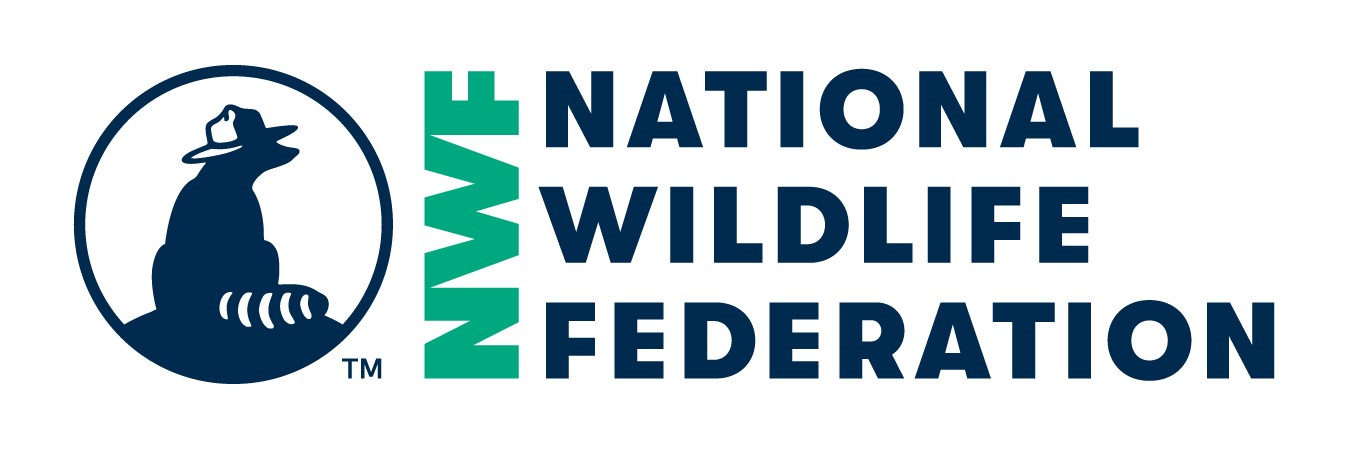Darrell Evans
Check the box once completed
I have learned about environmental justice and considered the implications in my life and that of my community.
Please share the resources that you chose to access from the resource bank to grow your understanding of environmental justice. (A minimum of 3 resources)
Environmental racism article, America’s dirty divide series, and North River sewage treatment case study
Are there other environmental justice resources that you have found helpful that are not included in the resources bank? If so, please share them here:
I am a college professor teaching environmental science so I frequently research articles on the topic using Google scholar and my school library.
Which action(s) did you take to participate in Eco-Schools?
Used the NWF Environmental Justice Mapping Tool to explore environmental issues in your community and provide context for an action you might want to pursue . , Identified a local environmental justice organization and volunteered your time, Registered myself and/or others to vote
If you selected Other, please describe the action you took.
Which method(s) did you use to communicate about the environmental justice and the action(s) you took?
Shared the action you’ve taken on social media, Spoke at a local government, school board, PTA meeting and/or faculty meeting, sharing your project and its impacts on the school and/or community
If you selected Other, please describe the method you took.
Which action(s) did you to take to help energize and sustain your efforts on this campaign?
Worked with a school club, community organization or group to help advance your work
If you selected Other, please describe the action you took.
In reflecting on your experience in earning this badge, please share some of your thoughts on what you most enjoyed about this process and if there are any ways you think it could be improved. What was your biggest take away?
I drilled down my focus on environmental racism. Living here in Florida, I volunteered to help with disaster relieve in poorer communities and saw firsthand that ways that environmental racism saw neighborhood belong predominantly to people of color having their issues addressed slower than other neighborhoods. Also, those living in these neighborhoods do not have the means to recover as quickly as their white counterparts. My biggest takeaway is that environmental racism is a real problem and is still present across the country today.








Project Feedback